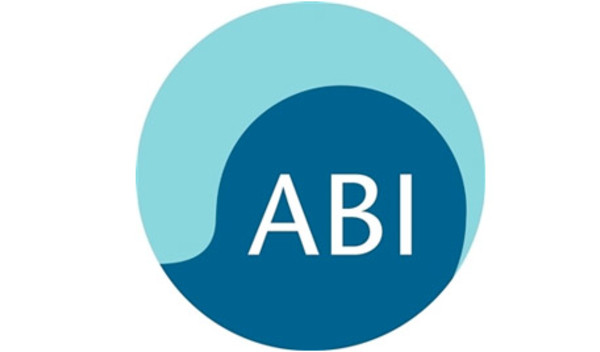

The ABI will have to evolve to cater for the needs of its remaining members after another large company resigned its membership of the trade body.
Announcing its departure from the ABI yesterday (15 September), Aegon UK chief executive Adrian Grace said the firm was entering an “exciting new era”, with the government encouraging innovation as it pursued its “radical” modernising agenda to meet the needs and preferences of consumers.
He said: “The industry is responding positively, with each business developing its own priorities and strategies to meet their customers’ needs.”
Analysts have said Aegon UK’s departure from the ABI was indicative of a wider shift from traditional insurance products towards savings and asset management, driven by increasing regulation and the recent pension freedoms.
Minal Shah, an analyst at Charles Stanley, said: “There is a shift away from traditional models, which are evolving and leaning more towards the asset management model, using digital marketing channels, and unit linked products.
“I would have thought though that the ABI would evolve accordingly to reflect the changing models and interests of its members.”
Alan Devlin, analyst for Barclays, said: “The life insurance industry is in the middle of a fundamental transformation. Nowhere is this more apparent than in the UK.”
The news came amid speculation that Aegon was considering quitting the UK, after it announced a review of its annuity portfolio in Britain.
According to its latest report and accounts, the contribution in terms of underlying earnings before tax of its UK businesses to the bottom line of Aegon Group is approximately 6 per cent of the group underlying earnings before tax.
Mr Grace said: “I would like to confirm that Aegon has a long-term commitment to the UK market. We have built a market-leading platform, which continues to be the fastest-growing platform both in terms of percentage and asset growth.”
In December 2014, L&G relinquished its membership of the ABI, citing changes to the constitution and mandate of the organisation, as a result of the transfer of investment business to the Investment Association.
In a letter to the then ABI director general Otto Thoresen, L&G’s chief executive Nigel Wilson also indicated a market shift from traditional life office models.
Guy Foster, head of research for London-based Brewin Dolphin, said while the internal politics of the ABI were “a mystery”, the idea that the ABI lobbies on behalf of all members could be problematic. He said: “The suggestion that not every member’s voice will be heard, perhaps because they are too small, and given that some firms are big enough to lobby on their own, could indicate that an instability exists within the ABI.”
Whether advisers and their clients would be best served by companies going it alone to Whitehall rather than lobbying through the ABI, remains to be seen. Tom Connor, director of East Sussex-based Drewberry Insurance, said: “There is often a close alignment between the interests of advisers and providers, so from an adviser’s perspective strong provider lobbying is important.
“If some larger providers feel they are better placed to lobby directly, given their scale and influence, and the ABI represents all other providers, then that may be more beneficial for advisers.”
Huw Evans, director general of the ABI, which was founded in 1985 and has 250 members, said: “The ABI remains the one voice of our industry, with which both government and regulators will engage to progress their reforms.
“With the board’s support, we continue to adapt our organisation to meet the changing needs of our membership as their business models evolve.”
Other members have thrown their support behind the ABI. Paul Evans – chief executive of Axa UK and Ireland, and chairman of the ABI – said: “At a time when our markets are facing such significant change, the ABI has never been more relevant to its members, and continues to enjoy our full support.”
A statement for Aviva said: “We are pleased to be active members of the ABI and support the contribution it is making to some of the big national debates, like helping people save for retirement and protecting people and businesses.”
Adviser View
Eugen Neagu, financial planner at Surrey-based Montfort International, said: “There is a bit of a schism within the ABI with some of the members moving ahead of the game and some others being left behind, such as Aegon UK.
“RDR was an important change in the distributions of financial products, and as a result, three years on, the winners and losers have started to surface.”



